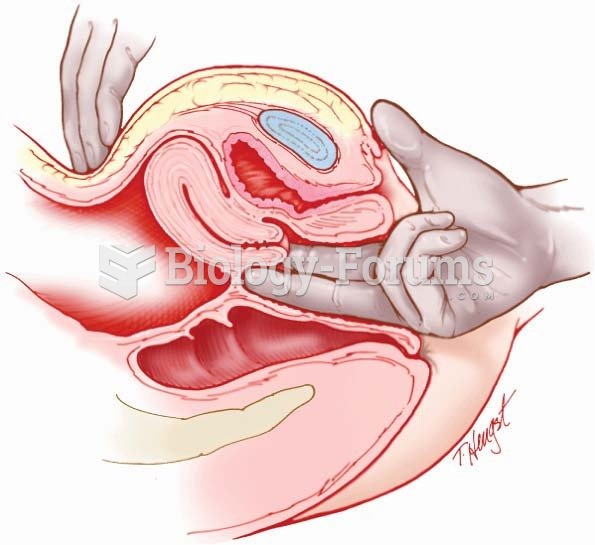|
|
|
Vampire bats have a natural anticoagulant in their saliva that permits continuous bleeding after they painlessly open a wound with their incisors. This capillary blood does not cause any significant blood loss to their victims.
People with high total cholesterol have about two times the risk for heart disease as people with ideal levels.
Pubic lice (crabs) are usually spread through sexual contact. You cannot catch them by using a public toilet.
In the United States, congenital cytomegalovirus causes one child to become disabled almost every hour. CMV is the leading preventable viral cause of development disability in newborns. These disabilities include hearing or vision loss, and cerebral palsy.
There are more bacteria in your mouth than there are people in the world.







